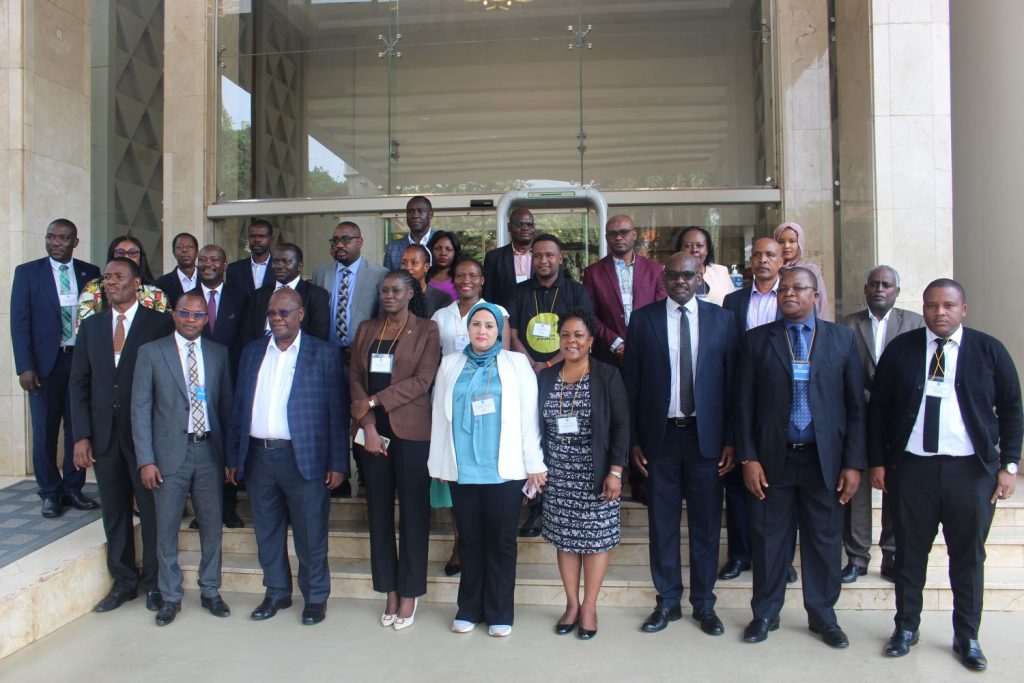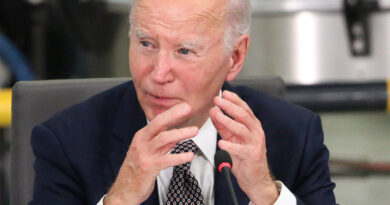Protect Airline Service Consumers in Africa-Comesa
The liberation of the aviation sector has raised new challenges to the regulations and norms governing the airline industry, including infringements on the rights of passengers using products and services.
Despite the ANNEX 6- regulations on consumer protection of Yamoussoukro, several users of the products and services of various airlines-old and new that have emerged in recent years with the liberalization of the industry, in turn increasing competition, several regulations governing end-users are being flouted, resulting in irreparable damage despite the lowering of taxes as a result.
The recurrences of, among others, merges and bankruptcies leading to controversy as to the benefit of the consumer and the airline, false advertising, advertising, tarmac delays, baggage pilfering, and baggage loss, various regulations are flouted by air operators, forcing passengers to lose out.
The recurrence of various shortcomings in the aviation sector has prompted a call to review the existing regulations orient players and raise awareness on the need to understand air passenger concerns, including delays in responding to passenger concerns, especially in Africa.
The call for orientation comes in the backdrop of the operationalization of the Single African Air Transport Market (SAATM) in Africa which has facilitated air transport liberalization in both the European and the USA continents and now Southeast Asia. This is a culmination in increased competition and increased consumer welfare through lower fares on the continent.
Players in the aviation sector have converged in Livingstone for a four-day- capacity-building training workshop on YD Annex 6 – (CP) – seeking to directly review and address the Yamoussoukro Decision on Consumer Protection for market players in the Eastern African Yamoussoukro region.
It will further seek to support the Implementation of the Single African Air Transport Market (SAATM) and strengthen aviation in Africa as competition among various service providers flourishes amid shortchanging regulations disadvantaging consumers.
The Common Market for Eastern and Southern Africa (COMESA) Secretary General Chileshe Kapwepwe noted various recurring overlaps in the regulatory framework are disadvantaging end users of aviation services including loss of baggage hence the need for harmonization.
All players need to understand air passenger protection regulations and how to handle passenger claims. This includes delays, spurred by the entry into force, the SAATM operationalization in Africa, giving rise to transport liberalization in both the European and the USA continents and now Southeast Asia, creating competition and increased consumer welfare through lower fares.
“Air transport has witnessed many mergers and bankruptcies leading to controversy as to the benefit of liberalization for the consumer and the airlines.” Ms. Kapwepwe said in a speech read on her behalf by Eng. Nicholas Ndema, Aviation Expert-Comesa during the opening of the meeting.
Most African states continue protecting their national carriers preventing the growth of air transport in the continent and the entry of new, Low-Cost Carriers in the air transport industry despite the slow pace of liberalization it has created competition, a call for regulations to protect air passengers from shortcomings including lack of information on compensation on losses incurred.
The African continent needs to be harmonized with consumer protection regulations or a specialized set of rules dealing with air transport consumer rights. Currently, the Warsaw/Montreal regime remains, for many African air transport consumers, the only means of obtaining some form of protection and redress against airlines.
“In general, consumers of aviation services don’t have the opportunity of being protected by any institution against poor service delivery and are mostly unaware of any rights they may have against the various service providers.
Where they are aware of their rights, they are often confronted with institutional incapacity or inabilities, sometimes due to a lack of information.
There is a need for fair pricing, fair communication, and decent marketing practices. While some African states have also developed a considerable corpus of regulations to guide the operations of service providers and guarantee that consumer rights are protected harmonized regulations are cardinal.
Picture credit: COMESA



